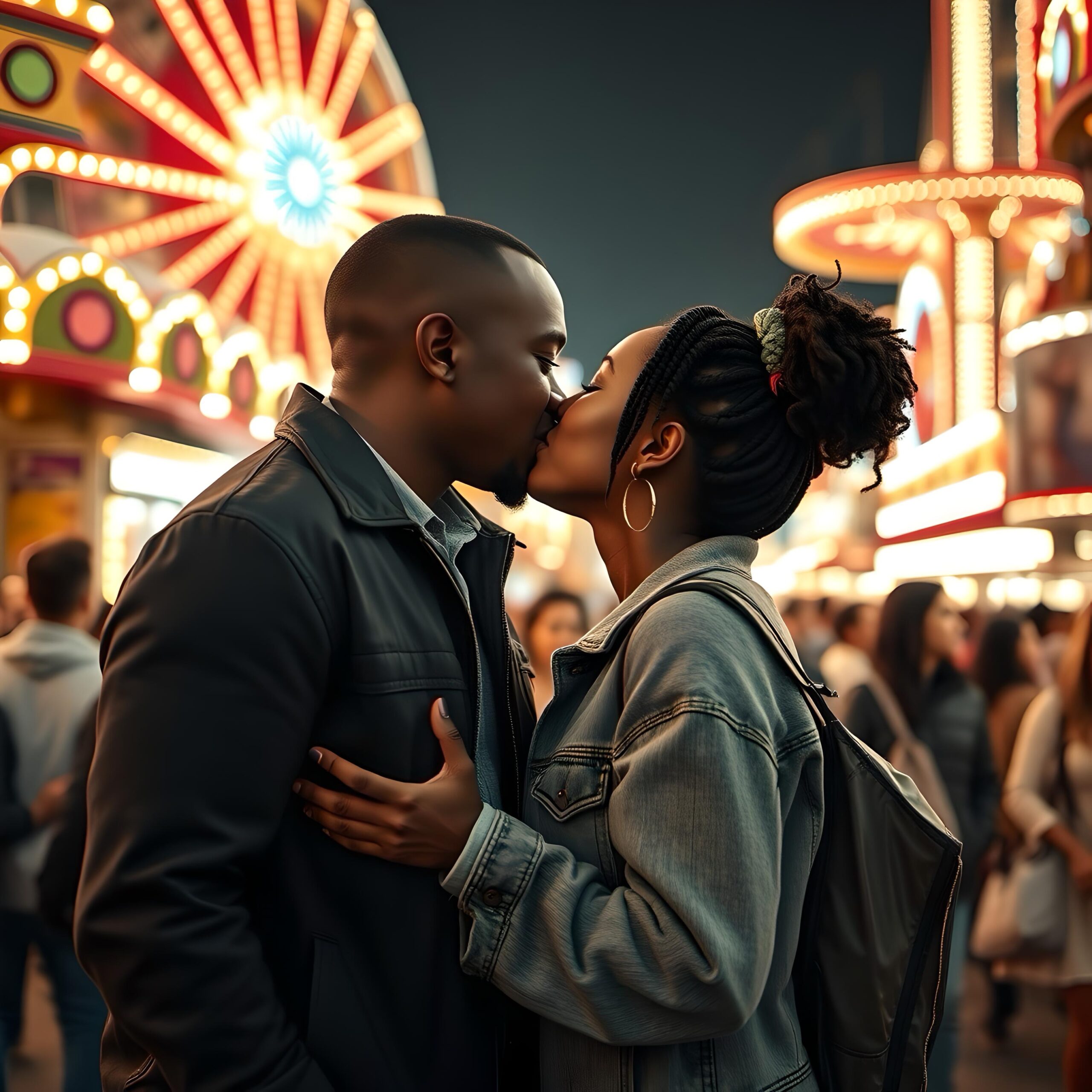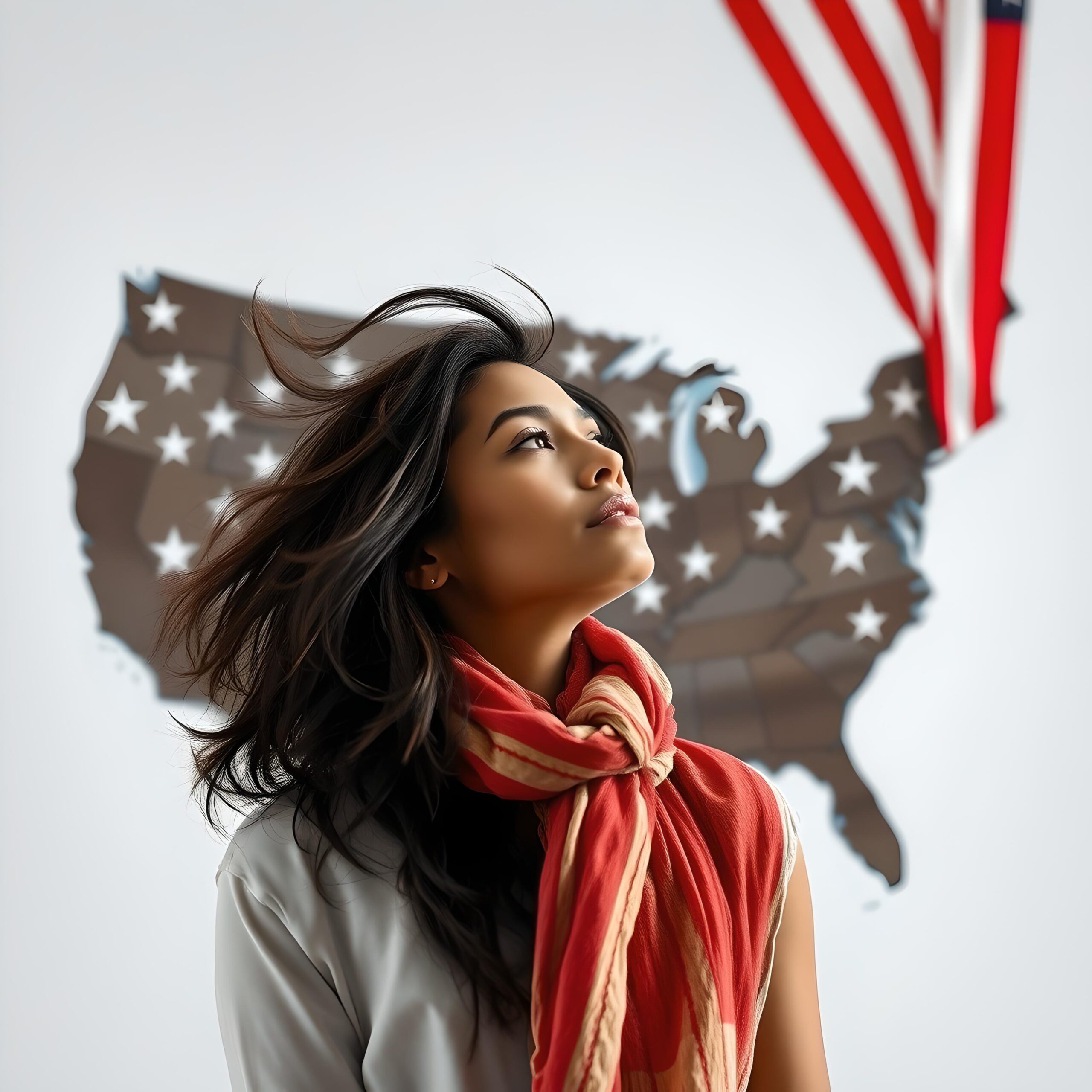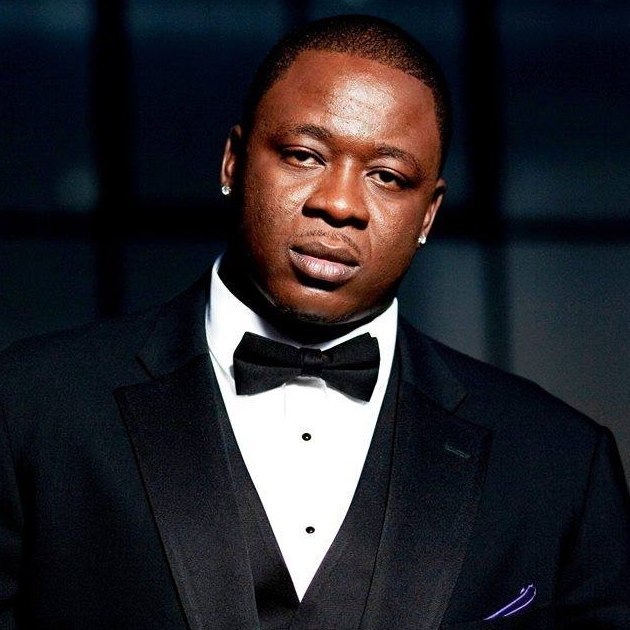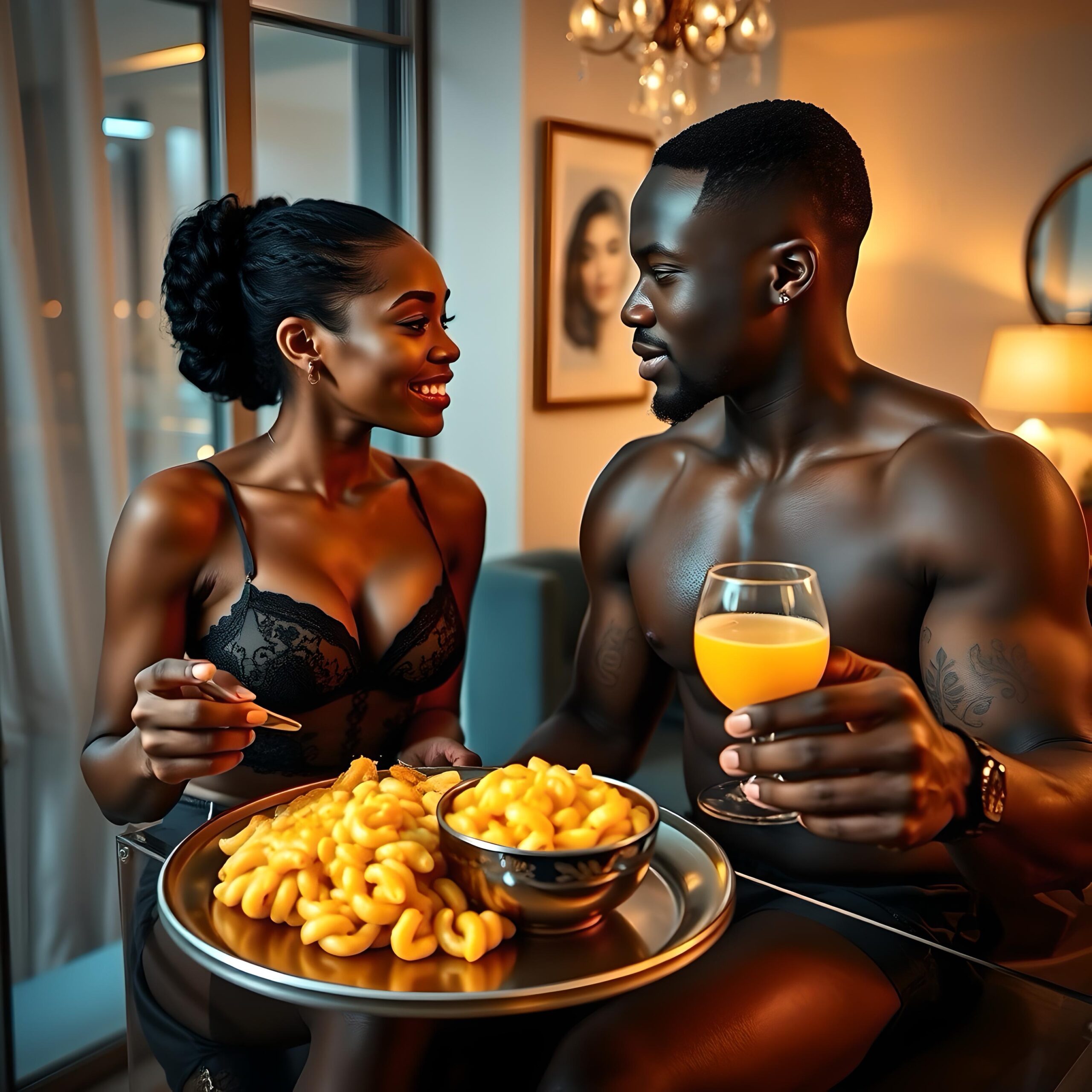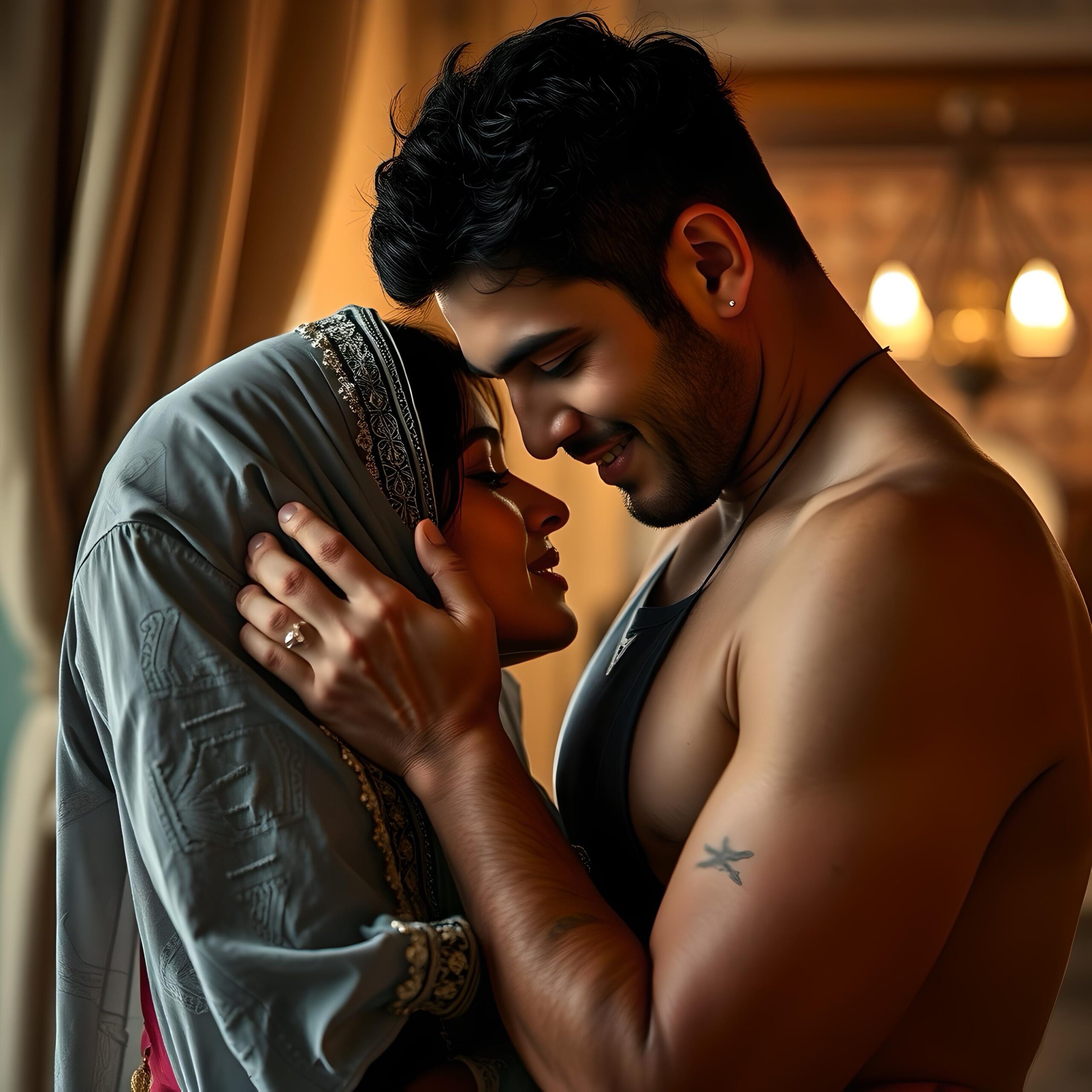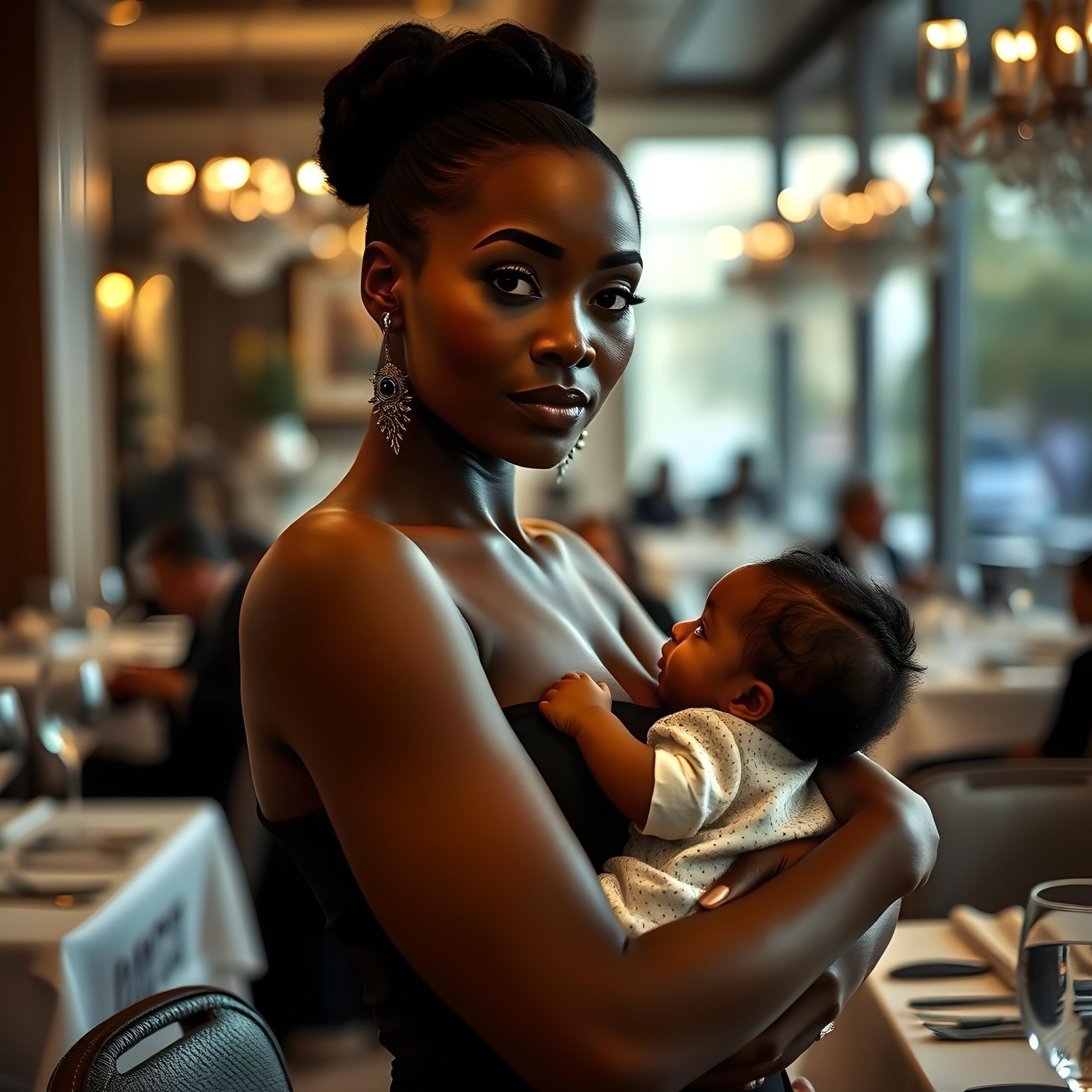In my previous series of articles, I explored how American dating norms have evolved over the past thirty years. I questioned the narrative surrounding an increasing “rape culture.” I contend that a specific group of radical feminists initially promoted sexual liberation and led to the acceptance of promiscuity in the 1990s. They promoted casual romance in the 2000s and then created an environment of widespread victimhood in the 2010s. The women who were celebrated for their financial independence and sexual autonomy were redefined as somehow vulnerable, romantically. This transformation has led to a misleading portrayal of American dating culture as predatory. It’s a concerning narrative that has gained notable prominence in the 2020s.
Nevertheless, rape culture hysteria manifests differently based on gender or sexual identity, creating a chilling dichotomy. For heterosexual men (as an example), it can appear as a scathing apprehension, an incapacitating fear of misinterpretation. Innocuous gestures can be perceived as “violence,” particularly within structured environments like universities or workplaces. This anxiety has halted many genuine romantic interconnections. On the other hand, heterosexual women grapple with another kind of sexual anxiety. For them, rape hysteria could be a constant shadow of potential sexual assault. They could taint even seemingly benign interactions, such as a touch or a compliment, under an atmosphere of mistrust, rendering friendly gestures suspect.
Rape hysteria tends to render any unwanted romantic gesture as potentially threatening, turning everyday experiences into minefields of unfair accusations. Members of the LGBTQIA+ community confront a warped perception of this hysteria, a phenomenon shaped by sexual prejudice. For instance, a transgender woman might face stigmatization in her interactions due to ingrained biases against her identity. A seemingly innocent interaction, such as an unwanted conversation in a public restroom, can be misinterpreted catastrophically. A cisgender woman or man, fueled by hereditary anxieties and misconceptions, might wrongly perceive the transgender woman as a threat, interpreting her friendly gesture as a predatory sexual act of violence.
Many women are in a state of panic and fear. Similarly, a gay man might experience avoidance and suspicion from a heterosexual man. Or a lesbian might face unwarranted apprehension from a transgender woman. This distorted lens of rape culture hysteria misrepresents genuine interaction as an intentional sexual aggression. It ignores context and creates a climate of fear and misunderstanding rooted in prejudice and ignorance. You hear terms like “manipulation” or “empowerment.” Such is the nature of rape culture hysteria. While there are legitimate concerns about assault in America, claiming that it’s universally prevalent is an oversimplification. This article seeks to challenge that notion. Only a few people adhere to this divisive mentality.
Romantic and sexual interactions continue to flourish. Men and women are forming new connections in diverse environments, ranging from lively college campuses to serene gas stations, and everything in between. Phrases like “catcalling” are stigmatizing. It’s misleading to assume that most female romantic experiences worldwide are negative. Many women still discover authentic connections with interesting men through spontaneous, respectful introductions in public, resulting in positive experiences and the possibility of long-term romance. In this blog series, we will explore the romantic prospects with American women who appreciate an invitation to a dinner date, lively dancing (such as salsa, hip-hop dances, or rump-shaking), exhilarating sex, and travel.
We will examine the evolving landscape of loving romantic relationships and intimacy in the 2020s. That’s the word I want to emphasize here, LOVE! This analysis ranges from feminist viewpoints, going beyond the loud, radical feminism to include the varied experiences of women who do not subscribe to that ideology, a number that is steadily growing. The one-night stands, affairs, modernized dating customs, marital unions, and family structures emerging daily in the 2020s create a new context to understand the thriving dynamics of American dating. The negative impact of radical feminism on modern dating dynamics cannot be ignored. Indeed, a sexual or romantic advance on a staunchly dickshaming radical feminist could elicit harsh accusations.
However, the feminist movement is incredibly diverse. Liberal, cultural, or postcolonial feminists, for instance, hold vastly different perspectives and may respond positively to a respectful romantic advance, potentially embracing the possibility of a relationship or marriage. Today’s challenge for men is distinguishing between a liberal or cultural feminist and a radical feminist. He might discover a strong connection with an ecofeminist who has a feminine, cooperative, traditional, and romantic nature. She could inspire him to take action against global warming and climate change. My past relationship serves as a poignant illustration. Initially perceiving my ex as a moderate feminist, I witnessed her gradual, unsettling metamorphosis into radical feminism.
At one point, it felt like every other feminist was like that (rebellious and disruptive). However, I later recognized this wasn’t true. This ideological chasm, insurmountable due to her unwillingness to compromise on core beliefs that clashed with my own religious and cultural values, ultimately led to our separation. That experience fueled my search for a partner sharing more compatible values. Guess what happened? I met someone who isn’t accusational. The prevalence of outspoken radical feminists on social media and the internet creates a skewed perception, masking the reality of a far more nuanced and heterogeneous female population. In this blog series, we shall take a look at this multifaceted reality as soon as possible. I trust you’ll find this insightful.
